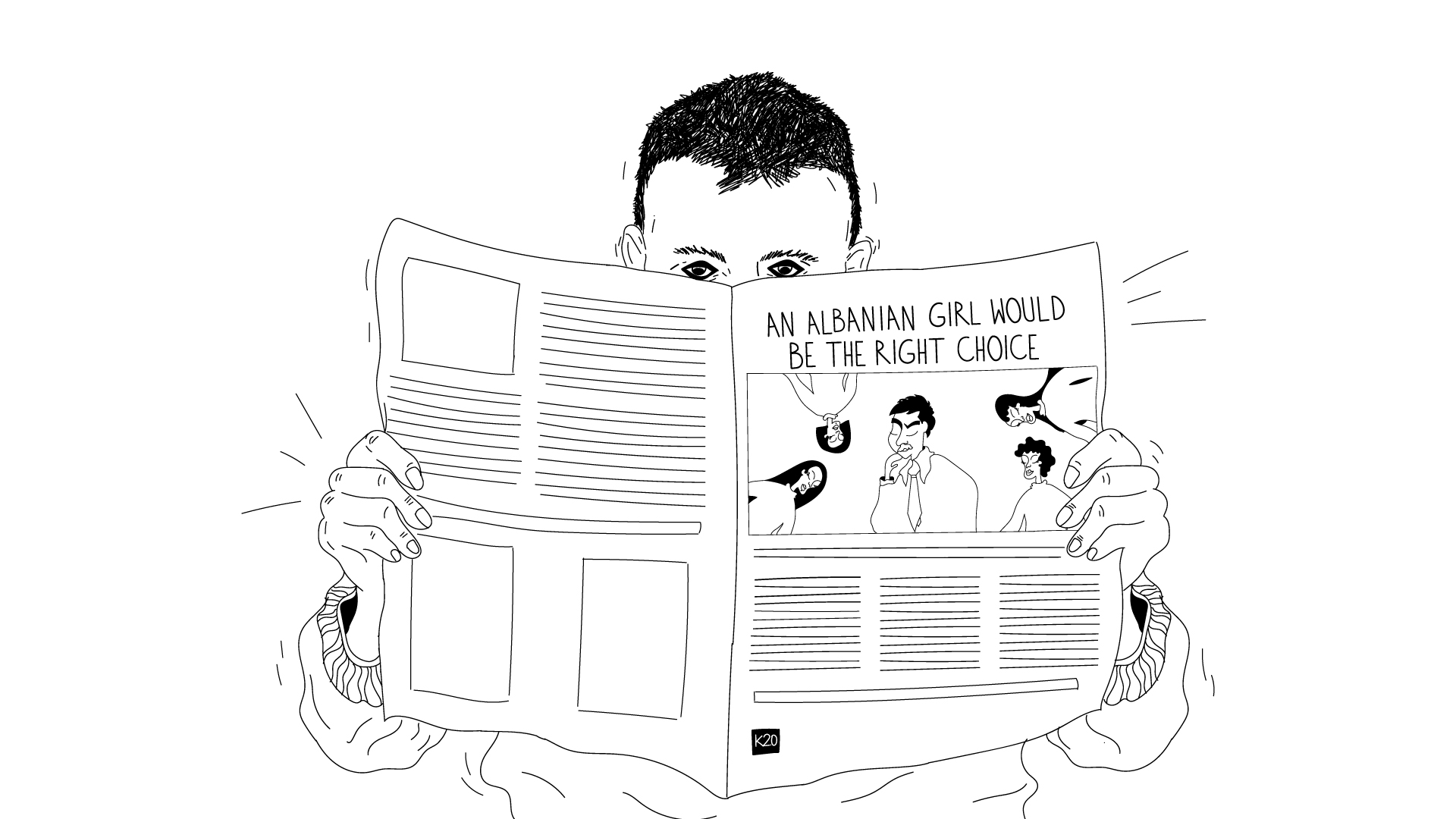
Would an Albanian girl be the right choice?
Reflections on relationships in the diaspora.
Having a foreign partner and creating a family by mixing cultures is tantamount to being permanently labeled as different.
Leaving their homes and starting a new life in a foreign country was not about enjoyment or self-fulfillment for our parents, but rather about survival.
I've seen friends disappear from social media as soon as they found an Albanian guy. I've seen friends living abroad meet a girl in Kosovo and get married in the blink of an eye.

Gezim Qadraku
Gezim Qadraku was born in Kosovo and grew up and lived in Italy for 20 years. He now lives in Germany. Gezim holds a Bachelor’s in International Political Science from the Università degli Studi di Milano and a Master’s in International Economics and Public Policy from the University of Trier. He speaks four languages.
This story was originally written in English.